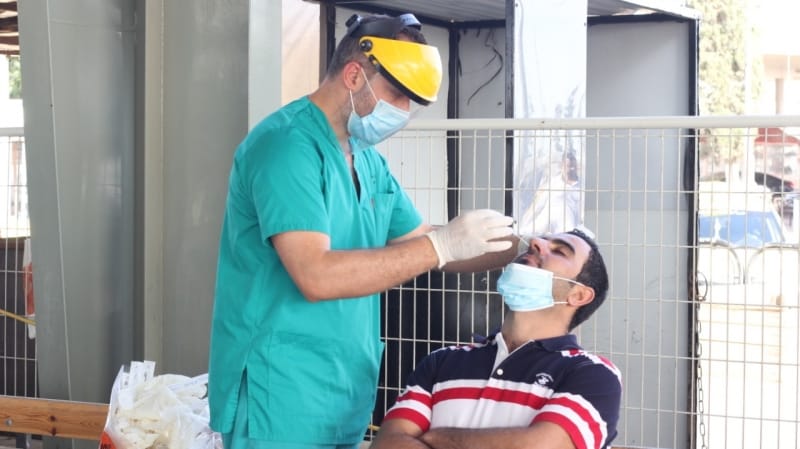The past month in Kav LaOved Gradually the staff has been returning to the office and have started to provide face-to-face assistance to workers alongside the online reception we’ve been managing since the beginning of the pandemic. The impact of the health and economic crisis brought on with Covid19 has on workers is enormous. In this newsletter we will highlight three cases demonstrating this: caregivers in nursing homes are prohibited from leaving the premises of the establishment, while these restrictions do not apply to Israeli caregivers; Palestinian workers, according to a HCJ decision following our appeal, are not entitled to monies from the sick-paid leave fund after having to leave their jobs during the crisis, and, Israeli workers are reaching out as they go back to the labor market and are required to forfeit their previous work conditions (cutting wages, for example) in order to keep their jobs.
|
08-06-2020


